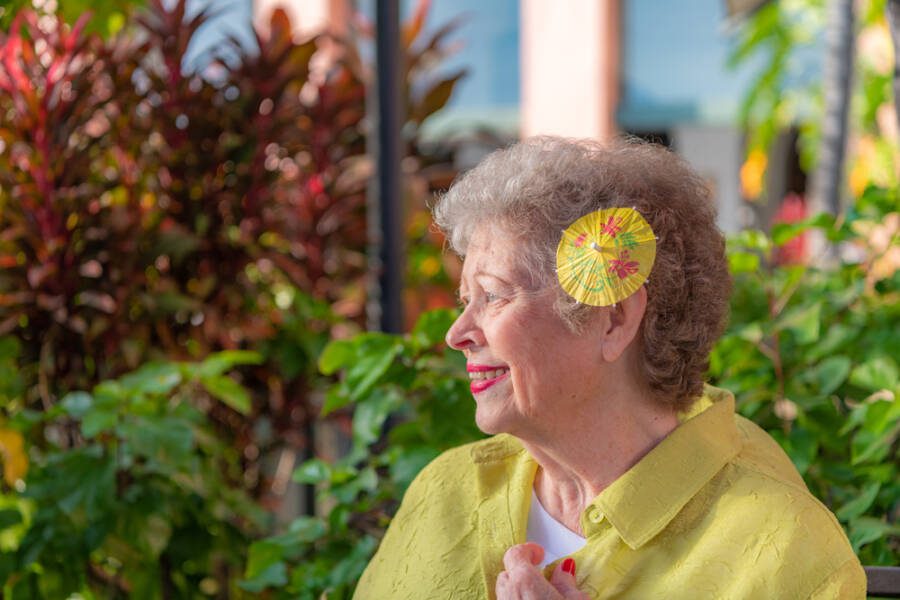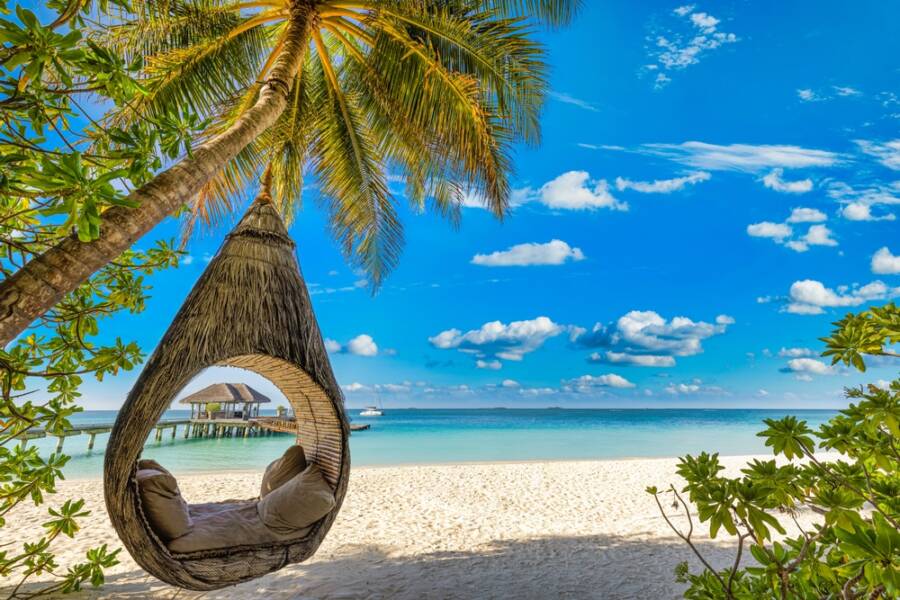Hawaii can be the ultimate vacation spot for many, while for others, this is where they call home. For some, it can be the dream retirement destination.
If you resonate with the last category and consider retiring in Hawaii, we have a few essential things to be aware of before making your decision.
There are a lot of people and families relocating to Hawaii guided by the right information. Here are the 8 crucial insights for individuals who see Hawaii as the perfect place for their golden years.

1. Hawaii can be Expensive.
If you live on a fixed income or you’re budgeting your resources carefully, it’s important to know that the cost of living in Hawaii is pretty high. Before committing to the goal of retiring in Hawaii, be aware of your realistic budget and make sure your finances can support your lifestyle.
Even with the tax benefit, the tax burden is still significant. Hawaii ranks as the second-highest state in tax burden, behind New York. The main reason for being on top is the excise tax. Residents pay 6,97% of their personal income on these taxes, the highest rate in the nation.
2. Hawaii Does Offer a Few Tax Advantages
Even if the cost of living is high, Hawaii provides a few key tax benefits that can be used to the advantage of retirees.
If you benefit from employer-funded pension plans, there won’t be a need to pay state taxes on qualifying distribution. This includes withdrawals from government pensions, military pensions, and private pensions funded by employers. The tax break offsets the higher living costs, but you need to know exactly if your self-funded accounts will be subject to Hawaii state taxes.
Hawaii has some of the lowest property tax rates. Buying a home here brings the benefit of these low rates. Considering the high cost of real estate, the taxes can still be higher than those for a lower-cost property on the mainland.
As a homeowner, you can qualify for tax relief programs. The counties of Hawaii, Honolulu, and Kauai offer programs for seniors, lowering the taxable value of your property. It’s important to do research on the specific rules, as rates and regulations may vary by county.
3. Rental Potential Property
With such high costs, how can you manage financially in Hawaii? You can own a property with high rental potential. For example, a property with a separate building is called an ohana (family, in Hawaiian). Ohanas can be rented for an additional income.
Furthermore, there are houses designed to facilitate renting, like a whole floor with a separate entrance, kitchen, and bathroom, ideal for renting out.
So, if you decide to own property in Hawaii, the best would be to look for one with rental income potential. The extra money will help with your retirement income in an expensive state like Hawaii.
4. You’ll Love the Scenery—and the Weather
If your dream is to retire to a place with stunning sidewalks, Hawaii is the perfect destination. The place is filled with amazing landscapes to suit all tastes. With the possibility of exploring everything from beach areas to rainforests and cooler mountains, it’s difficult to get bored.
A bonus is the tropical climate, which allows you to enjoy the surroundings all year round. The trade winds keep the island cooler compared to the warm climates. The average high in Fort Myers, Florida, in July is around 92°F. In Honolulu, it is 81°F, while in the evening, it drops to the 70s.
So, if the tropical zone makes you think about the place being very hot, it’s often not as hot as you imagine.

If you don’t have a camera for all the beautiful scenery you’ll encounter, we have a suggestion available via Amazon that works for every pocket!
5. Extreme Weather
Hawaii is susceptible to more uncommon weather events, such as:
Hurricanes: They named an official season running from June 1 to November 30. Major storms can come outside of this period. It’s essential to always have emergency supplies ready, as almost all locals do.
Tsunamis: It’s estimated that there’s a 9% chance of a major tsunami in the next 50 years in Hawaii. Alarms are tested regularly, so you will need to get used to the sound.
Lava Flow: Kilauea is an active volcano that impacts the state significantly. If you plan to buy a house here, first check the USGS lava flow hazard zones map to minimize the risk. The gas particulate can affect individuals, especially those with respiratory problems. You should also check the current air quality data, and we suggest signing up for emergency alerts once you move.
6. You Might Just Live Longer
Hawaii boasts the highest rate of life expectancy (86.5 years). In fact, US News ranks Hawaii as #1 for healthcare access and healthcare quality. Retirees looking for a long, healthy life will find the right place in Hawaii, surrounded by healthy people with access to excellent healthcare.
The tendency to live longer may come due to a combination of factors such as a favorable climate, a sense of community and family, a low stress level, a diet rich in vegetables, and an active lifestyle including outdoor activities. Here you can find a culture emphasizing balance and well-being, and all those factors contribute to an overall healthy and happy life.
7. The Laid-Back Lifestyle
Hawaii’s laid-back lifestyle is defined by a relaxed pace, the cultural mindset of living in the moment, and a deep connection with nature. All of these contribute to a higher quality of life in a stress-free environment. If mainland life has left you feeling worn, the relaxed rhythm of the island might be a refreshing change for you. Here, life moves at its own pace.
Hawaii earned its title as the healthiest and happiest state for seven consecutive years, and this is for a reason. The quiet lifestyle may vary from island to island and neighborhood to neighborhood, so it’s essential to do your research beforehand.
However, if you’re a retiree aiming to live your golden years at their best, Hawaii is definitely a choice worthy of consideration.
8. Hawaii’s Crime Rate
What you need the least is to become a victim of crime when you reach a peaceful retirement. We know that it’s not a pleasant topic, but before you decide to relocate, always look for the crime rates of the zone to be fully informed.
Hawaii has a lower crime rate compared to the other states in the US, even lower than popular retirement destinations like South Carolina or Florida. Taking into account violent crimes, it has the reputation of being a safe and desirable place to live and visit.
However, the property crime rate is quite higher than the national average (but still lower than South Carolina’s). Even if the state has a strong cultural emphasis on respect and its aloha spirit, it does experience theft and burglary.
The local authorities focus on maintaining safety, and there are community programs to improve it, fostering a secure environment for both residents and tourists.
In summary, keeping a general vigilance over your belongings can assure you a peaceful retirement in Hawaii.

Hawaiian Words Will Go a Long Way
As you contemplate retirement in Hawaii, you will love to embrace the distinct culture you’ll find there and blend with the natives.
To start immersing yourself, you can start learning some keywords:
• Aloha: This is what they use for greetings and farewells, but as the culture itself fosters positive feelings and goodwill, the greeting is just reflecting this joy and positive energy.
• Mahalo: Thank you
• Malihini: A newcomer
• Kapu: Forbidden or “no trespassing.”
• Kokua: Help
• Kupuna: The term refers to a respected elder or older person.
• Ohana: Family, both friends and biological family. The community and family feeling in Hawaii is something special about the place.
If you liked our article, this is one about Ways to Live Your Dream Retirement NOW.


















One Response
Very interesting is the remark on the effects of the volcano gaz on people with respiratory problems. That gas and invisible dust that come out days before the volcano starts are a real danger for patients with asthma.